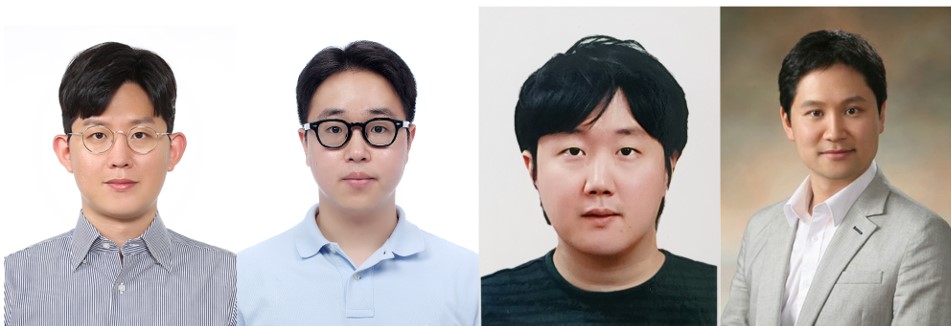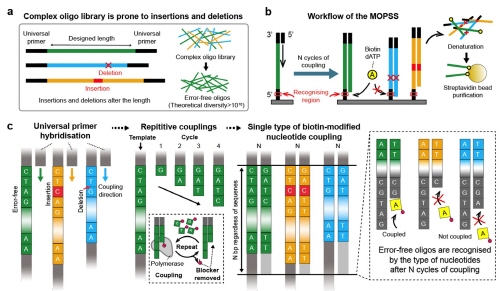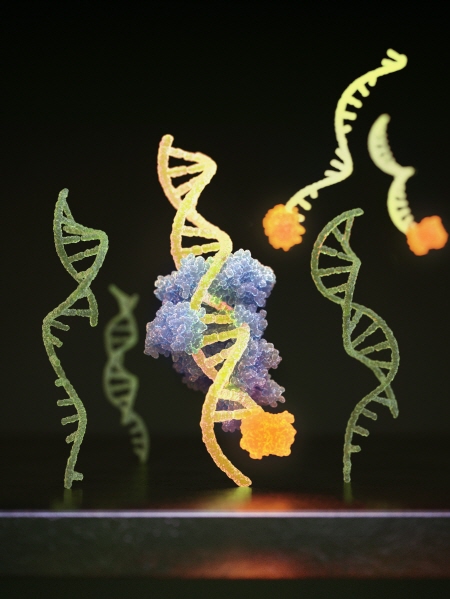- About
- Academics
-
Undergraduate Programs
- Civil and Environmental Engineering
- Architecture and Architectural Engineering
- Mechanical Engineering
- Industrial Engineering
- Energy Resources Engineering
- Nuclear Engineering
- Materials Science and Engineering
- Electrical and Computer Engineering
- Naval Architecture and Ocean Engineering
- Computer Science and Engineering
- Aerospace Engineering
- Chemical and Biological Engineering
-
Graduate Programs
- Civil and Environmental Engineering
- Architecture and Architectural Engineering
- Mechanical Engineering
- Industrial Engineering
- Energy Systems Engineering
- Materials Science and Engineering
- Electrical and Computer Engineering
- Naval Architecture and Ocean Engineering
- Computer Science and Engineering
- Chemical and Biological Engineering
- Aerospace Engineering
- Interdisciplinary Program in Technology, Management, Economics and Policy
- Interdisciplinary Program in Urban Design
- Interdisciplinary Program in Bioengineering
- Interdisciplinary Program in Artificial Intelligence
- Interdisciplinary Program in Intelligent Space and Aerospace Systems
- Chemical Convergence for Energy and Environment Major
- Multiscale Mechanics Design Major
- Hybrid Materials Major
- Double Degree Program
- Open Programs
-
Undergraduate Programs
- Campus Life
- Communication
- Prospective Students
- International Office
News
Professor Sunghoon Kwon of SNU College of Engineering Develops Ultra-Parallel High Purity Nucleic Acid (DNA/RNA) Refining Technology
-
Uploaded by
관리자
-
Upload Date
2021.08.03
-
Views
119
Professor Sunghoon Kwon of SNU College of Engineering Develops Ultra-Parallel High Purity
Nucleic Acid (DNA/RNA) Refining Technology
- Source proprietory technology for the mass production of RNA vaccines
- Nucleic acid-based vaccines and treatment research are expected to be further developed in the future
- Nucleic acid-based vaccines and treatment research are expected to be further developed in the future

▲ (from left) Dr. Yeongjae Choi and researcher Hansol Choi - Department of Electrical and Computer Engineering of Seoul National University's College of Engineering, Ryu Tae-hoon - CEO of ATG LifeTech, Professor Sunghoon Kwon - Department of Electrical and Computer Engineering of Seoul National University's College of Engineering
Seoul National University's College of Engineering (Dean Kookheon Char) announced on July 30 that Professor Sunghoon Kwon's research team of the Department of Electrical and Computer Engineering has developed an ultra-parallel high-purity nucleic acid (DNA/RNA) refining technology.
Because RNA-based vaccines and new drugs cannot be directly synthesized, the process of synthesizing DNA and transcribing them into RNA had been essential.
However, the process of DNA synthesis, which is vulnerable to errors, had to undergo the process of culturing E. coli over a long period of time in order to extract the DNA, which resulted in high production costs and low production efficiency.
If the high-purity nucleic acid refining technology developed by Professor Sunghoon Kwon of the SNU Department of Electrical and Computer Engineering is applied, production costs and time can be shortened by omitting the E. coli culturing process which will ultimately result in maximizing the production of RNA vaccines and treatments.
Nucleic acid, which includes DNA and RNA, is a molecule that plays a key role in the body and is involved in biological phenomena such as heredity and protein synthesis.
It has recently been in the limelight, drawing the attention of most countries as the COVID-19 vaccines that have been commercialized, such as Pfizer and Moderna, are in the form of nucleic acids.

▲ Figure summarizing the refining process of nucleic acids
Nucleic acid is chemically synthesized through an automatic nucleic acid synthesizing system, which automatically synthesizes nucleic acid molecules when entering the desired sequence of A, G, T, and C as the input.
However, there has been the disadvantage of certain bases possibly being deleted or inserted during the synthesis process.
Therefore, additional refining processes were needed after synthesis, but existing refining technologies limited the potential of nucleic acids because it cannot distinguish erroneous nucleic acid molecules due to their low resolution and cannot purify several types of nucleic acids at the same time.
In response, Professor Sunghoon Kwon's team of the SNU Department of Electrical and Computer Engineering developed the world's first technology that can refine tens of billions of types of nucleic acids with high resolution (single base level).

▲ Representative photo of nucleic acid refining technology
Based on the fact that deletions and insertions are the main causes of errors in the nucleic acid auto-synthesis process apparatus, a method of measuring the length of synthesized nucleic acids and selecting only nucleic acids of the intended length was applied.
To measure the length of nucleic acids, the US Illumina's sequencing equipment that was installed in many major laboratories was used, and the purification process was automated through the equipment, so is thus expected to be quickly applied to academia and industry.
"Through the development of nucleic acid refining technology, basic research using nucleic acids and related research on nucleic acid-based vaccines and therapeutics will be revitalized,” said Professor Sunghoon Kwon of the SNU Department of Electrical and Computer Engineering, who led this research.
Meanwhile, the research was conducted with the support of the Basic Research Project (Leader Research) of the Ministry of Science and ICT and was published in the world-renowned journal 'Nature Biotechnology'.